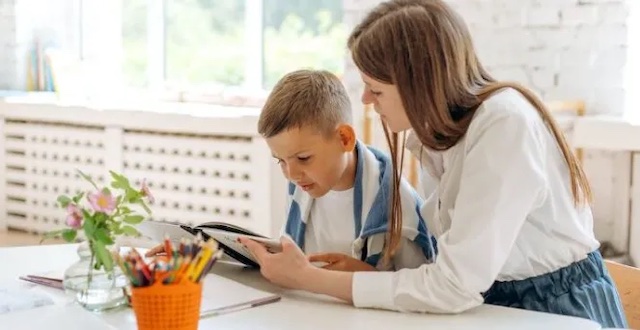 Movie music is the subtle cue that tells you how to respond to a certain scene. Happy, sad, afraid, angry – you name the mood and the composer will ensure that the desired emotion is accomplished.
Movie music is the subtle cue that tells you how to respond to a certain scene. Happy, sad, afraid, angry – you name the mood and the composer will ensure that the desired emotion is accomplished.
I sometimes wonder if news articles work the same way. Take the recent and widely shared Washington Post article on the explosion of homeschooling occurring since Covid. “In 390 districts,” The Post explained, “there was at least one home-schooled child for every 10 in public schools during the 2021-2022 academic year.”
That 10 percent mark, also known as “the tipping point,” helped inch the numbers of homeschooling students up to a high of 2.7 million – 1 million more than the number of students in Catholic schools, according to The Post.
Such numbers, although still relatively small, appear to have The Washington Post worried. Very worried.
Continue reading

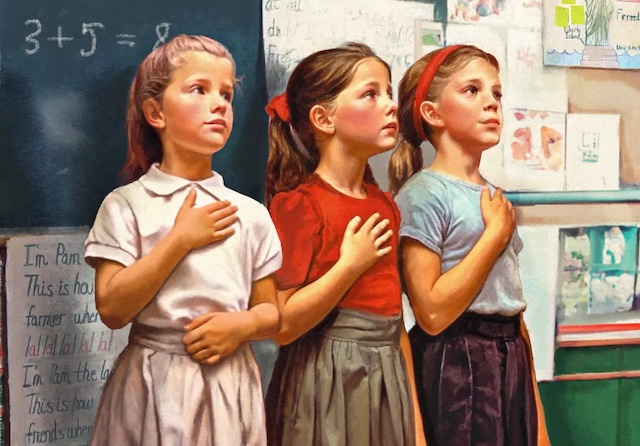 As a grade school student, one of my favorite field trips was spending a day attending the one-room school at a local historical site. My friends and I would pack our noontime meal in lunch buckets, dress in aprons and bonnets, and participate in a spelling bee at the close of the day.
As a grade school student, one of my favorite field trips was spending a day attending the one-room school at a local historical site. My friends and I would pack our noontime meal in lunch buckets, dress in aprons and bonnets, and participate in a spelling bee at the close of the day.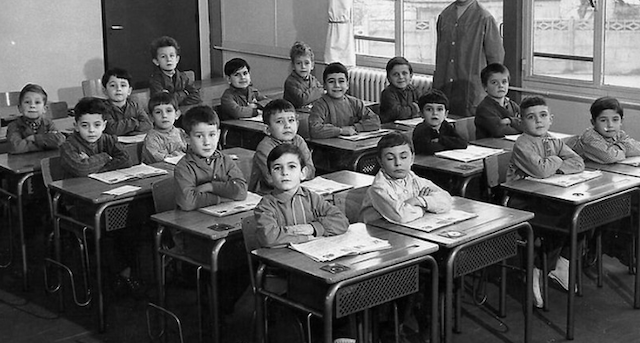 It’s no secret that academic outputs in schools across the nation are pretty abysmal. In fact, things have grown so bad that now it seems we’re praising schools that manage to achieve roughly 50% proficiency.
It’s no secret that academic outputs in schools across the nation are pretty abysmal. In fact, things have grown so bad that now it seems we’re praising schools that manage to achieve roughly 50% proficiency.  Everybody loves Mike Rowe. His matter-of-fact sense of humor, his humility, and his willingness to get involved in the many work sites featured on his “Dirty Jobs” show make him an endearing figure.
Everybody loves Mike Rowe. His matter-of-fact sense of humor, his humility, and his willingness to get involved in the many work sites featured on his “Dirty Jobs” show make him an endearing figure.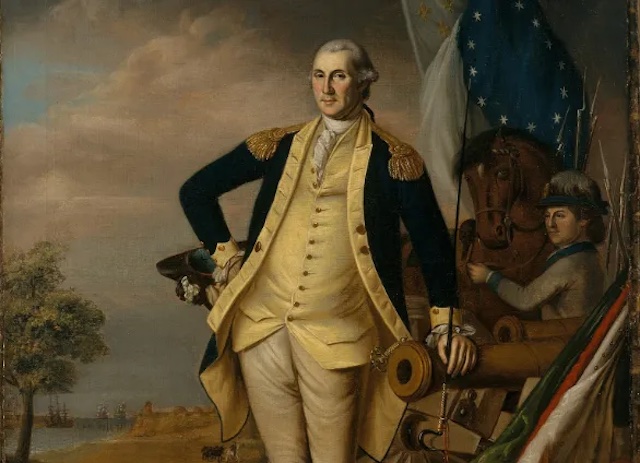 George Washington, it’s famously said, was “First in war, first in peace, and first in the hearts of his countrymen.” Such firsts undoubtedly contributed to his other great achievements, including his election as president of both the Constitutional Convention and the United States.
George Washington, it’s famously said, was “First in war, first in peace, and first in the hearts of his countrymen.” Such firsts undoubtedly contributed to his other great achievements, including his election as president of both the Constitutional Convention and the United States. If you’re like most parents, you want the best for your children, especially when it comes to education.
If you’re like most parents, you want the best for your children, especially when it comes to education.
 Between gender wars, deviant sexual education, declining academic achievement, and plain old safety issues, today’s schools have turned into landmines for parents and students.
Between gender wars, deviant sexual education, declining academic achievement, and plain old safety issues, today’s schools have turned into landmines for parents and students.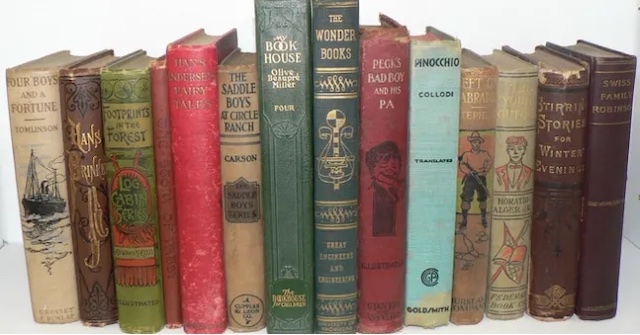 Author’s note:
Author’s note: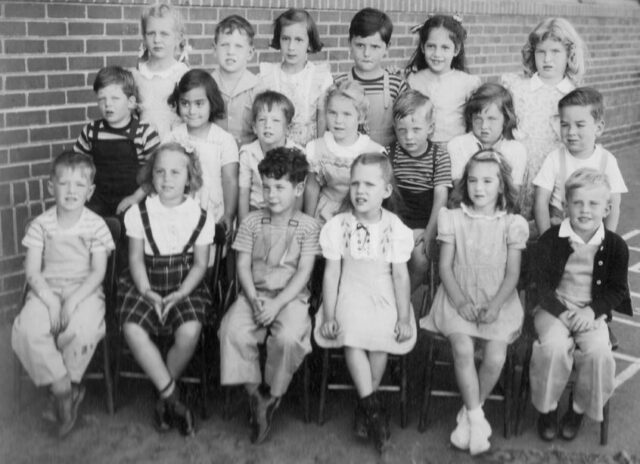 I received a rather frantic email from a friend when school started last fall. Panicking over the number of parents posting first day of preschool pictures, my friend wondered if she had made a mistake by not sending her four-year-old to school. “When did preschool become so popular?” she asked in dismay.
I received a rather frantic email from a friend when school started last fall. Panicking over the number of parents posting first day of preschool pictures, my friend wondered if she had made a mistake by not sending her four-year-old to school. “When did preschool become so popular?” she asked in dismay.  If you, like me, were a student who strove to get work in on time and took advantage of extra credit or other academic perks when offered, then you can be glad you’re past school age – especially if you live in Portland, Ore. That’s because schools in that district are
If you, like me, were a student who strove to get work in on time and took advantage of extra credit or other academic perks when offered, then you can be glad you’re past school age – especially if you live in Portland, Ore. That’s because schools in that district are  With inflation, prices, and bank failures all on the rise these days, many of us are looking anxiously toward our pocketbooks and wondering what we’ll do when the financial crisis inevitably hits. Will we have to start over with our retirement fund, or will we be impoverished in a matter of months?
With inflation, prices, and bank failures all on the rise these days, many of us are looking anxiously toward our pocketbooks and wondering what we’ll do when the financial crisis inevitably hits. Will we have to start over with our retirement fund, or will we be impoverished in a matter of months? “I was so worried my son wouldn’t pass his kindergarten entrance exam,” one of my friends recently told me, noting that he hadn’t attended preschool.
“I was so worried my son wouldn’t pass his kindergarten entrance exam,” one of my friends recently told me, noting that he hadn’t attended preschool.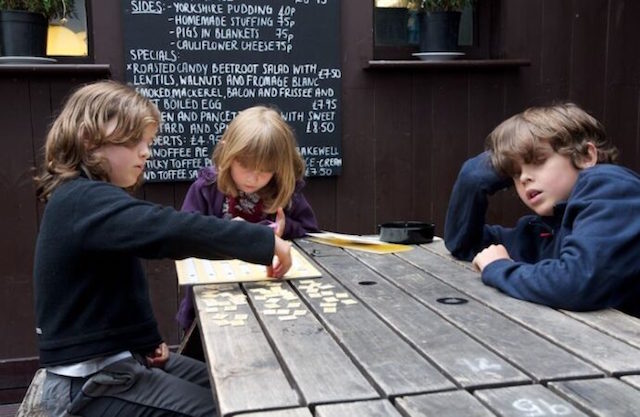 It continually amazes me to see the proliferation of good coming out of the COVID-19 pandemic, particularly regarding its effects on the education system and the students in it. Yes, the attempt to somehow transfer the traditional classroom to an online environment was a disaster that left many students bored … but another story has emerged showing how a pandemic misfire turned into a pandemic blessing.
It continually amazes me to see the proliferation of good coming out of the COVID-19 pandemic, particularly regarding its effects on the education system and the students in it. Yes, the attempt to somehow transfer the traditional classroom to an online environment was a disaster that left many students bored … but another story has emerged showing how a pandemic misfire turned into a pandemic blessing.  A recent viral
A recent viral 
 That a greater emphasis on history and civics is needed is evident from
That a greater emphasis on history and civics is needed is evident from 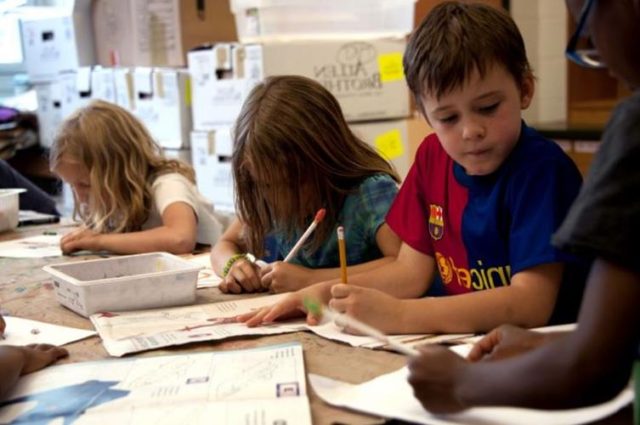
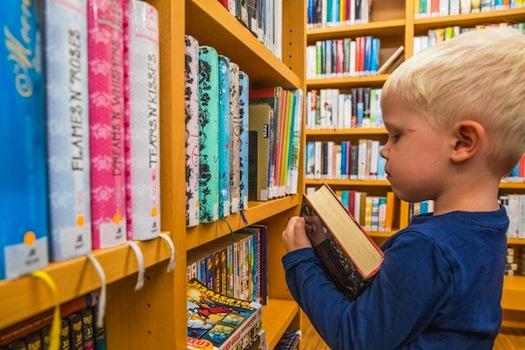
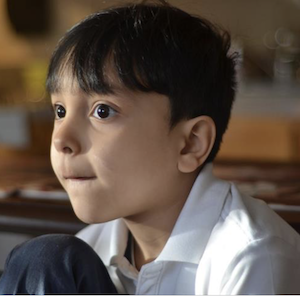 One of my favorite field trips as a child was my annual summer visit to a one-room schoolhouse where I spent the day dressed in an old-fashioned dress and bonnet, scratching away on a slate and learning lessons out of old McGuffey Readers.
One of my favorite field trips as a child was my annual summer visit to a one-room schoolhouse where I spent the day dressed in an old-fashioned dress and bonnet, scratching away on a slate and learning lessons out of old McGuffey Readers.